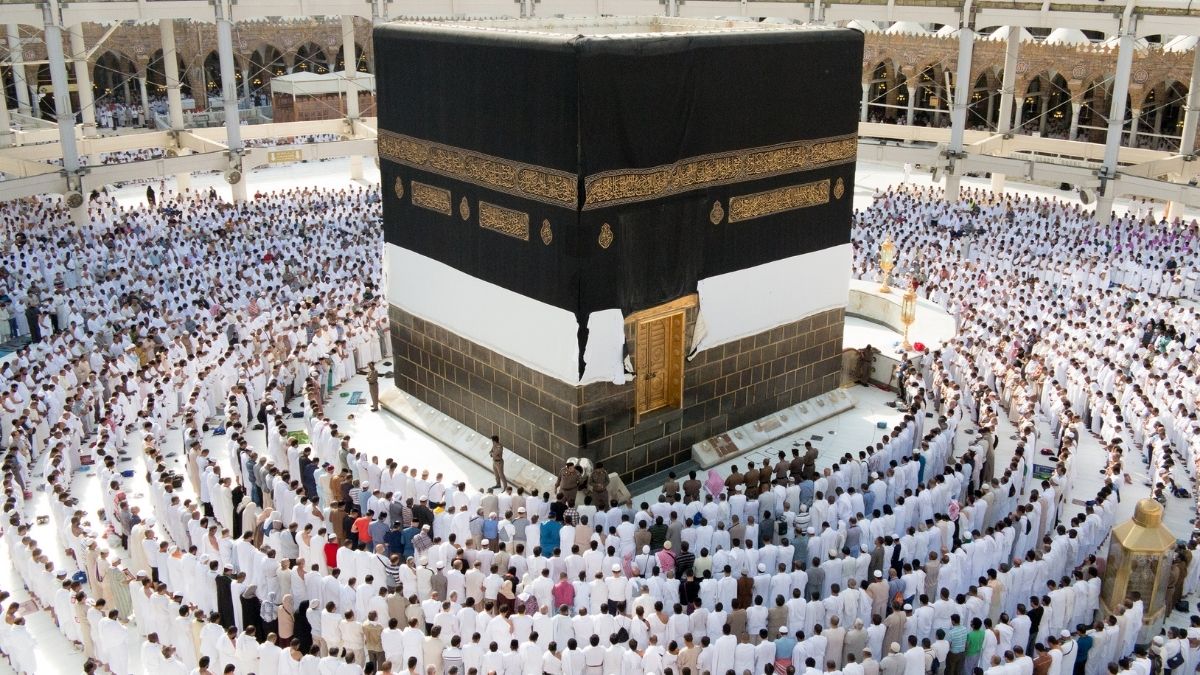Zulhijjah, the twelfth month of the Islamic lunar calendar, is a period rich in spiritual significance and opportunities for righteous deeds. This sacred month, especially its first ten days, holds a special place in the hearts of Muslims worldwide due to its association with the Hajj pilgrimage and Eid al-Adha.
The Sacredness of Zulhijjah
Allah has declared four months in the Islamic calendar as sacred, during which fighting and warfare are forbidden. These months are Zulkaedah, Zulhijjah, Muharram, and Rajab. The sanctity of these months is emphasized in the Surah At-Tawbah verse 36:

Which means: Indeed, the number of months ordained by Allah is twelve—in Allah’s Record since the day He created the heavens and the earth—of which four are sacred. That is the Right Way. So do not wrong one another during these months. And fight the polytheists together as they fight together against you. And know that Allah is with those mindful ˹of Him˺.
This verse underscores the sacredness of Zulhijjah, alongside the other three sacred months, as a time when Muslims are encouraged to refrain from conflict and engage in acts of worship and righteousness.
Acts of Righteousness in Zulhijjah
The first ten days of Zulhijjah are particularly blessed and are considered the best days of the year for performing good deeds. The Prophet Muhammad ﷺhighlighted the importance of these days in a Hadith narrated by Ibn Abbas:
“The Messenger of Allah said: ‘There are no days in which righteous deeds are more beloved to Allah than those ten days.’ They said: ‘O Messenger of Allah! Not even Jihad in Allah’s Cause?’ The Messenger of Allah said: ‘Not even Jihad in Allah’s Cause, unless a man were to go out with his self and his wealth and not return from that with anything.'”(Hadith Narrated by Imam At-Tirmidhi)
This Hadith illustrates the exceptional value of performing righteous deeds during the first ten days of Zulhijjah, surpassing even the significance of Jihad, except in the most extreme cases.
The Pilgrimage of Hajj
One of the most significant acts of worship that takes place during Zulhijjah is the Hajj pilgrimage. Muslims who are physically and financially able are required to perform Hajj at least once in their lifetime.

The pilgrimage is performed in the holy city of Mecca and its surrounding sites. Allah has designated the Kaaba, the Sacred House, as a focal point for the pilgrimage and a symbol of His blessings. He mentioned in Surah Al-Maidah verse 97:
Which means: Allah has made the Ka’bah—the Sacred House—a sanctuary of well-being for all people, along with the sacred months, the sacrificial animals, and the ˹offerings decorated with˺ garlands. All this so you may know that Allah knows whatever is in the heavens and whatever is on the earth, and that He has ˹perfect˺ knowledge of everything.
This verse highlights the Kaaba’s significance in bringing Muslims together, continuously reminding them of Allah’s all-knowing and all-powerful nature.
The Prohibition of War
The prohibition of war during the sacred months, including Zulhijjah, is a testament to Islam’s emphasis on peace and sanctity. The Prophet Muhammad ﷺ reinforced this in a Hadith narrated by Abu Bakra:
“The Prophet (ﷺ) said, ‘The division of time has turned to its original form which was current when Allah created the Heavens and the Earth. The year is of twelve months, out of which four months are sacred: Three are in succession Zulkaedah, Zulhijjah, and Muharram, and (the fourth is) Rajab of (the tribe of) Mudar which comes between Jumadi-ath-Thaniyah and Sha’ban.'” (Hadith Narrated by Imam Al-Bukhari)
This Hadith reaffirms the sacredness of these months and the prohibition of warfare, encouraging Muslims to engage in worship and righteous deeds.
Zulhijjah is a month of immense spiritual significance, offering Muslims numerous opportunities to perform righteous deeds and deepen their connection with Allah. Through the observance of Hajj, the commemoration of Eid al-Adha, and the engagement in various acts of worship, Muslims are reminded of the importance of peace, piety, and devotion.
As we reflect on the sacredness of this month, let us strive to maximize our good deeds and embody the principles of Islam in our daily lives.